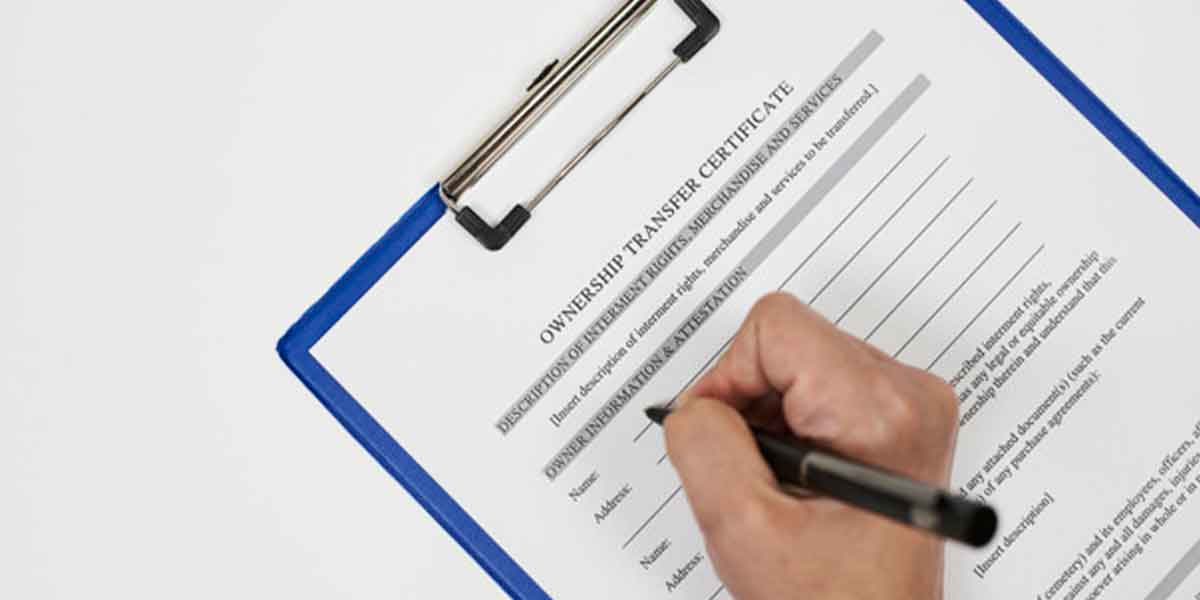If you have recently lost a loved one, you may need to go through the probate process. When the deceased has not left a will, obtaining a grant of letters of administration becomes necessary. This legal document empowers the deceased’s relatives to manage the estate. You can apply for probate either independently or with the assistance of a lawyer. Probate refers to the legal procedure of obtaining the authority to handle the affairs of someone who has passed away.
However, the terminology and requirements can vary depending on whether the deceased left a will and the jurisdiction in which they lived.
Decoding the Probate Process
If the deceased left a will, the executor or administrator must apply for a Grant of Probate. This legal document confirms that the executor has the authority to manage the deceased’s assets, including money, property, and personal belongings. The entire process is known as estate administration. The executor uses the grant of probate to demonstrate their right to settle financial matters, access funds, and distribute the deceased’s assets according to the will’s instructions.
If there is no will, a close relative can apply to become the estate’s administrator through a process known as obtaining a Grant of Letters of Administration. Once granted, they are referred to as the estate’s administrators. This document legally confirms their right to manage the deceased’s assets. In many cases, especially when beneficiaries are minors, the law may require multiple individuals to serve as administrators.
Essential Documents for Probate
Terms like grant of representation and personal representatives are often used interchangeably. A personal representative can be either an executor or an administrator. A grant of representation encompasses both grants of letters of administration and grants of probate. A grant of probate is crucial when the deceased’s estate includes significant assets such as money, insurance policies, stocks, or property. Most financial institutions will require this document before transferring control of the estate’s assets. However, for smaller estates, some organizations, like building societies and insurance companies, may release funds to the beneficiaries without it.
Before applying for probate, it is essential to gather several key documents to get a comprehensive understanding of the deceased’s assets and liabilities. These documents are necessary to ensure the estate is managed according to the will’s terms. The initial step in the probate process involves locating the following documents:
- The original last will, if available
- Bank statements
- The original death certificate
- Share dividend statements
- Records of all assets, including their value at the time of death
- Superannuation fund statements
- Title references
- Registration documents for all motor vehicles
- Records of liabilities and debts
- Details of household effects, including insurance documents and purchase receipts
- Copies of agreements where the deceased owed money, such as mortgages and loans
- Mortgage statements
- Credit card statements
- Outstanding bills at the time of death
Role of the Executor
The executor named in the will is responsible for gathering all necessary documents, either personally or with the help of a lawyer. Probate attorneys can assist in identifying the specific documents required for the probate application and help obtain them if they are not readily available, even after a thorough search of the deceased’s personal records.
Final Steps
Once all the documents are collected, it is crucial to organize and store them securely for submission with the probate application. The original death certificate and the original will must be presented to the probate registry along with the application. Executors should be aware that any alterations or damage to these documents can complicate the probate process.




